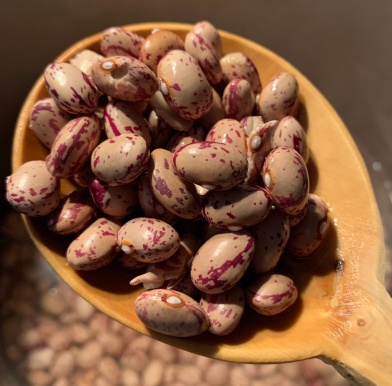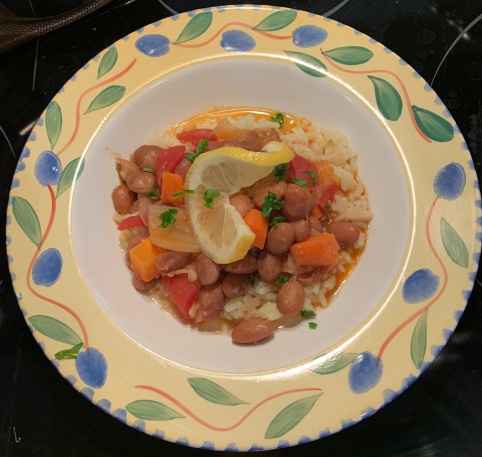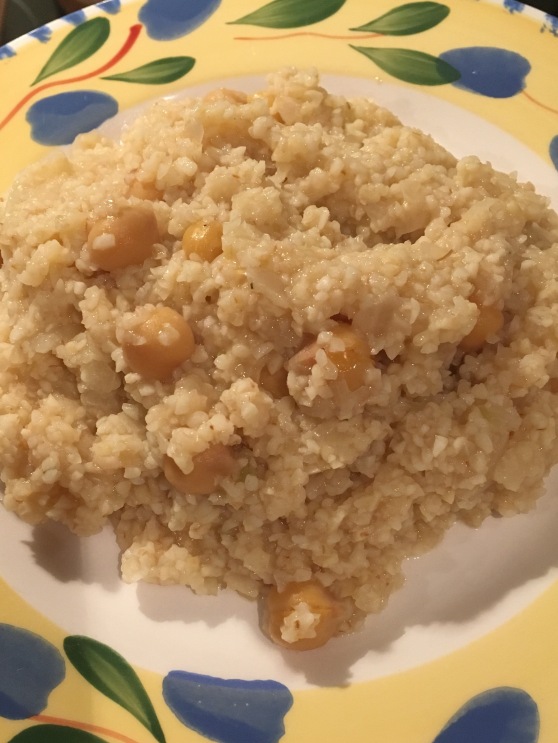
BabaAnne, my husband’s fiery-haired grandmother, had me on the edge of my seat that entire afternoon. She and I were meeting for the first time the summer after he and I were married in 1999. She knew me only as the reason her grandson didn’t return to Turkey and so had more than one withering glance for me.
After preliminary inspection, she barely acknowledged my presence. Cigarette in one hand, Turkish coffee in the other, she sat in a parlor chair in her Istanbul apartment like royalty in a room of onlookers, nodding her head in approval, sipping her coffee, as Tolga’s father shared family updates. Using just a couple of Turkish words carefully practiced on the airplane, I attempted to show my interest and enthusiasm. Her dark eyes peered at me from over the horizon of the coffee she sipped. Yeah, my parents had this great idea, go meet the family…no, I can’t go with you til next year, but I’m telling you, they’ll LOVE you… were my husband’s words, like a sweet-sounding refrain morphing into a minor chord as I sat across from her.
Known for being stubborn, opinionated, and exceedingly judgmental, I didn’t see how this would end well. But she was also known for her kuru fasulye, a white bean stew that, despite my many formidable attempts, I’ve never been able to duplicate. She was the type for whom you’d forgive any character flaw in exchange for her beans. Using simple ingredients, a large saucepan showing years of wear, and a heavy wooden spoon, she transformed those tiny beans and chopped veggies into a heart-stopping, mouth-watering stew.
I took plates from the kitchen with the intention of setting the table. Without warning, she turned on her heels, glared at me, waved a boney finger in my face, and only relinquished a lip-pursing after I slowly lowered the plates back down to the counter, never averting my eyes for a second, as if returning a bone to a ferocious dog about to pounce.
The stew was served with tomato rice pilaf and freshly-baked pide, a Turkish bread that resembles a round Sicilian slice of pizza, but without the sauce and cheese, and the aroma of the freshly-baked pide and the simmering beans was like nothing I had ever experienced. As I lifted the first bite toward my mouth, I can’t be sure, but I think there were church bells ringing…and fireworks outside her balcony…and a parade marching down the street. It was THAT good. Suddenly I didn’t care if she despised me. As long as she fed me.
After dinner, we drank Turkish tea. At one point, I excused myself to take the extra folding chairs from the dining room table back to the balcony where they belonged. A faint call to prayer echoed from the nearest mosque through the open door. It was time to leave, and my father-in-law took his mother’s hand, kissed it, and then touched it to his forehead, as a respectful gesture for the one who cared for and fed him as a child. My mother-in-law kissed her, and when it was my turn, she suddenly beamed at me, taking my hand for a firm handshake, and then clasped my face with her hands to kiss me on both cheeks. I was convinced she was glad to get rid of me. But as we walked back to the car, my father-in-law explained, quite surprised himself at her declaration on our way out, that my unintentional gesture at the end of the visit – returning the folding chairs to the balcony – was the gesture that won her. And I chuckled, as I imagined myself as Luke Skywalker launching my proton torpedo at the almost-impossible Death Star target.
Today, our daughter Ayla resembles this spitfire in both looks and “charm.” So in honor of this feisty lineage, her kuru fasulye, imitated but never equaled:
Ingredients:
- 2 cups dried white or small lima beans
- 1 small onion, chopped
- 2 medium tomatoes, peeled and chopped
- 1 green frying or cubanelle pepper
- 1/3 cup olive oil
- 1 tbspn tomato paste
- salt and pepper to taste
Instructions:
The beans:
- Soak the beans overnight in a large pot with 2-3 inches of water above the beans themselves
- The next day, rinse and change the water, adding more water and boil, with lid covering only partly, cook on high for about 10 minutes
- After the boil, remove the white foam with a wooden spoon (my mother-in-law believes this keeps the beans’ gasses to a minimum, although I haven’t been able to confirm from my own personal gastrointestinal experience…)
- Sieve the beans, running water over them
The sauce:
- Chop onion and pepper, peel and chop tomatoes
- Sauté veggies in olive oil in a large saucepan, medium-high for about 15 minutes, give or take, enough to “kill” the onions
- Add tomato paste and continue to stir
Now:
- Add beans and 1 tea glass of water (special note: liquids – and sometimes even dried goods – are measured, imprecisely, in tea glasses, which is roughly 4-5 ounces…as I hone the measurement further, I will provide updates!
- Bring to a boil
- Salt to taste
Serve with your favorite bread or pilaf.



